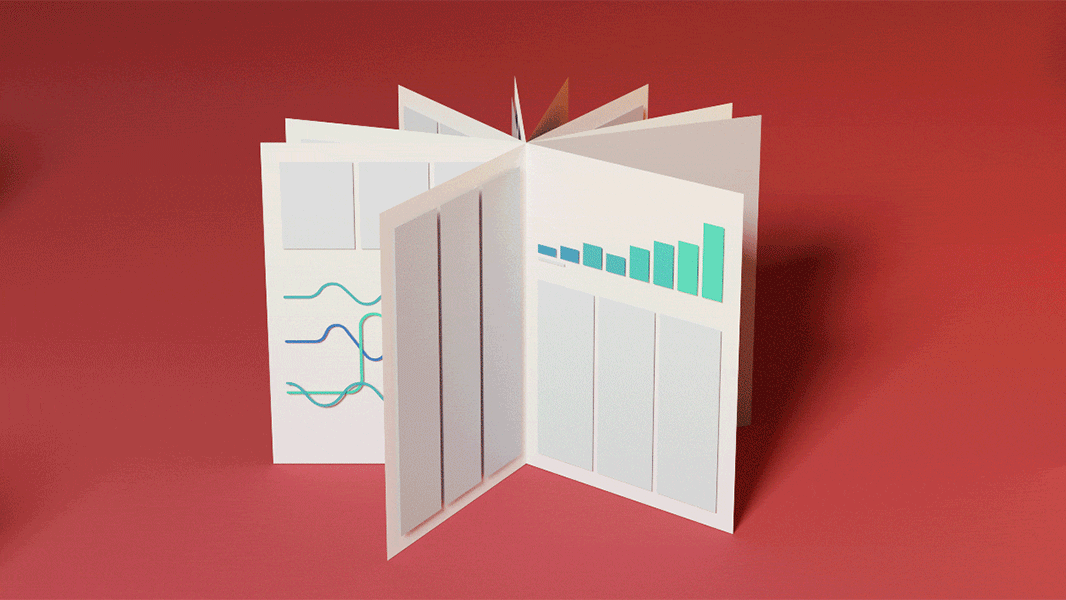
Eulogio Chacón Moreno conducts fieldwork in the paramo ecosystem of the Sierra Nevada National Park in South America.Credit: Dimas Acevedo
Eulogio Chacón Moreno found refuge in Spain from socio-economic instability in Venezuela when he won a fellowship from the Institute of International Education’s Scholar Rescue Fund (IIE-SRF). The IIE, a non-profit organization based in New York City, offers support to academics who must leave their home countries. Chacón Moreno is one of the 976 scholars whom the IIE has supported from 60 countries since it launched in 2002. Twenty-one of these scholars are from Venezuela.
Describe the moment you knew you would have to leave Venezuela.
In 2019, I visited one of my daughters, who was living in Ecuador. When I got there, I once again found myself in a country where life is ‘normal’. I slowly realized how much I had lost after hyperinflation began in Venezuela in 2016, when the global price of oil, and therefore the Venezuelan economy, crashed. There were times I had no money but I had food, or had food but no money. I had adapted day by day in Venezuela and I didn’t realize how much it had changed. When the economy first started to destabilize, I decided to take my retirement pension from the University of the Andes in Mérida, where I had worked in landscape ecology and biodiversity conservation for 25 years, and to look for new work. Realizing I would have to leave Venezuela to survive, I stayed in Ecuador for eight months, creating a database of job and fellowship opportunities and submitting more than 50 applications. From this effort, I obtained three replies. One of these was from the IIE-SRF in September 2019. Its fellowship offered me roughly US$25,000 per year if I could find a university anywhere in the world that would match that amount.
How difficult was it to find an institution?
It was not easy to find a place that would spend this kind of money on a non-resident. I decided to look first in Spain, because it was easier to stay in a Spanish-speaking country. I approached 23 universities before I found one that would offer me work. A teacher at the University of Lleida had taken a sabbatical, and the institute needed someone who had worked in ecology, global change and climate. My experience was exactly what it was looking for, and it could pay me less than it would have paid another teacher, because I also had the fellowship. I arrived in Spain in November 2019, and began teaching university classes the following February — right before the COVID-19 pandemic struck.

An anti-government protest in Caracas in April 2019.Credit: Edilzon Gamez/Getty
What have you been able to accomplish with the fellowship?
I was awarded a one-year fellowship, with the possibility of renewing it for another year, which I did. I had done lots of fieldwork with my students in Venezuela and brought the results here because I have the time and availability to process data and write papers. I’ve been able to work on six articles over the past two years. So far, one has been published, three have been accepted, one rejected and one is currently under review. By 6 December, I had presented five talks at virtual conferences.
How are your Venezuelan colleagues faring?
Like me, they have struggled to find opportunities elsewhere. At the Institute of Environmental and Ecological Sciences, where I worked, only 3 of the 12 researchers who I know applied for an IIE-SRF fellowship were successful. We are among the roughly 6.4 million people who have fled Venezuela. I help everybody that I can, always. I write at least one reference letter per week for colleagues back in Venezuela. Our campus there is now abandoned. People have started to steal the doors, windows, computers, even the bathroom installations. Everybody took all the instruments and equipment out of the laboratory — all things of value. Outside Caracas, less-urban areas continue to have power for only a handful of hours a day, terrible Internet connections and difficulties finding petrol.
What’s your current plan?
My contract ended in January; I’ve just moved to start a one-year postdoctoral position working on a forest-disease distribution and climate-change spatial modelling project at the University of Valladolid in northwest Spain.
The situation is worse in Venezuela now than before. The universities are barely functioning, and my pension fluctuates wildly, but is worth no more than $50 each month. I’m doing well in Spain. I have health benefits and social security, which I help to pay for. Five of my six brothers and sisters live in Venezuela; I don’t know when I will see them again. I hope soon.

 How three refugee scientists kept their research hopes alive
How three refugee scientists kept their research hopes alive
 Afghanistan’s terrified scientists predict huge research losses
Afghanistan’s terrified scientists predict huge research losses
 Biochemistry in a conflict zone
Biochemistry in a conflict zone







